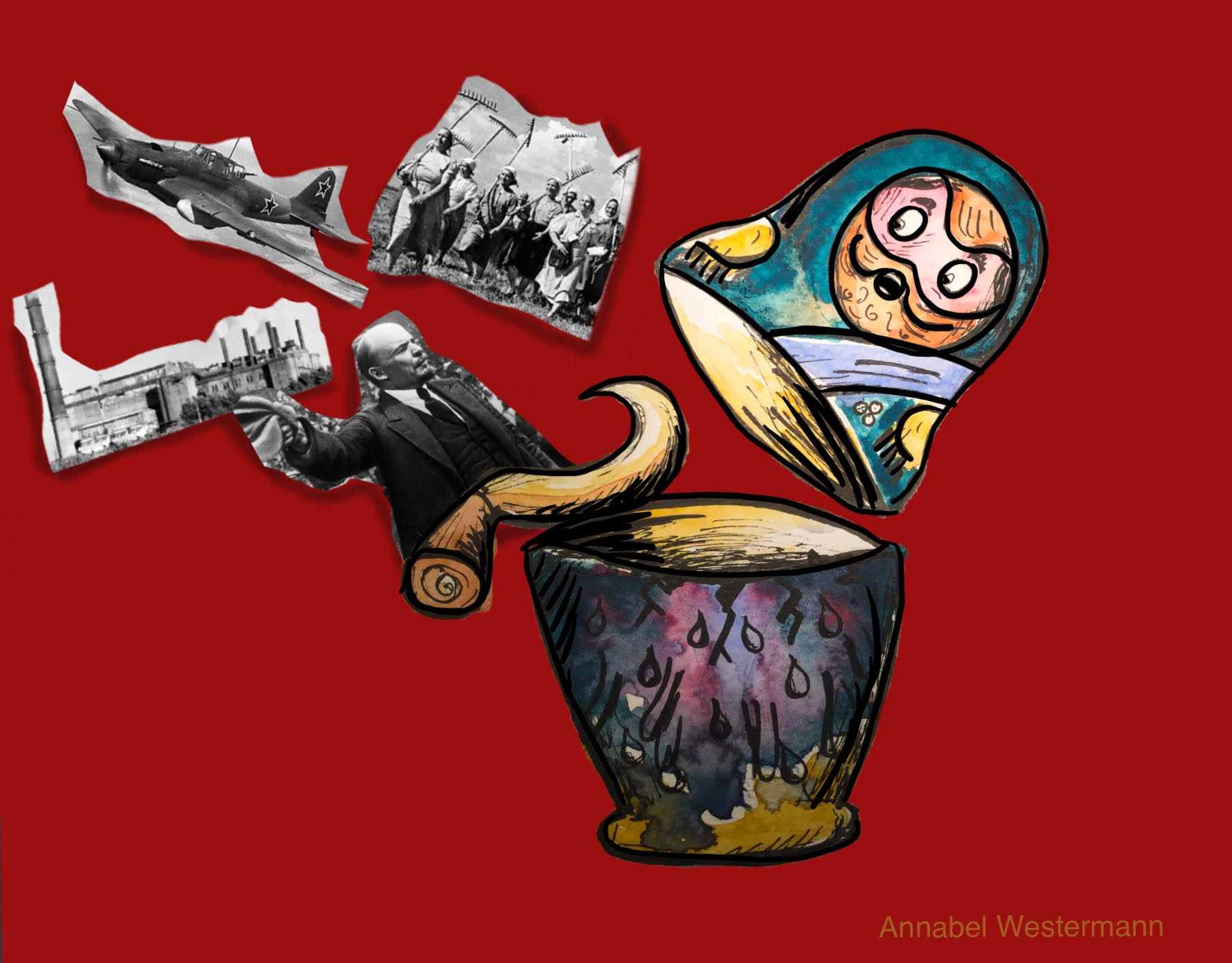“I will never believe in minds kept under glass; but I believe that a table has only four legs, but I believe that the fifth leg is a chimera, and when the chimeras rally, my dear, then one dies slowly of a worn out heart.”
It was the year 1955 in communist Poland when Adam Wazyk published ‘Poem for Adults’. Formerly one of the most ferociously Stalinist members of his nation’s literary world, Wazyk’s text was a damning indictment of the corrosive power of the communist regime over his nation and its people.
In a brief moment of reduced cultural control, the explosive material was published – and once released, could not be contained. Attempts at retrospective censorship were in vain. The poem was widely circulated: written copies were passed hand to hand, or fetched huge prices on the black market. In many ways, Wazyk’s poem is that of a man looking around himself and not understanding what he sees. Its ruthless criticism of the decay of society, the Russian exploitation of Polish resources, and the ruthless deception of its citizens, exposes the lies that his nation had been forced to live with: the promises that have been made and not kept.
The ongoing claim to universal equality and national prosperity, and its exploitation. The chimeras that have gathered round. It was often in the cultural sphere that these illusions were created and preserved. For artists that did not conform there was no place in the Soviet world, and part of Wazyk’s poem focuses on the life and death of one such individual: “They threw her out of art school,/ For lack of socialist morality./ She poisoner herself once – they saved her./ She poisoned herself again – they buried her.”
The story of the extremes of communism, and the brutality of the communist world that was born with the October Revolution, is not a surprising one in retrospect. We know that the communist dream manifested itself into a disaster where a systematic duplicity between the Party line and reality obscured a misled economy, inviolable state power, and the continuous infringement of this power into the lives of its citizens.
What becomes more difficult for us to remember is the role of personal agency and choice in this obscure world. The Polish intellectual Leszek Kolakowski asked in 1999: “Could half of Europe and half of Asia have been raped by a handful of bloodthirsty madmen, by Lenin and Stalin? Such things do not happen, it is nice to believe that they do.” It is all to easy to blame tyrants, and the organs of force and violence – the dictators, the secret police, the armed forces – for taking whole nations hostage. What’s much harder is to reconcile these shadows with everyday life: those who voted for communism, who lived through it, and who fought battles for it – the Adam Wazyks of the world.
What we can learn from individuals like Wazyk is that communism was not a historical aberration or an unprompted disaster, but, for many, it was a choice. And for more still, it was a world they had an active part in shaping. Wazyk was born into a Jewish family in Warsaw in 1905. He was a soldier in Berling’s army, fighting the Nazis as a resistor alongside Soviet allies, and as a staunch communist. Like many others, he had seen his nation torn apart by the experiences of occupation, collaboration and resistance. His voice had been part of the chorus that welcomed the accession of communism in Poland after the war, and had continued to be one of its great supporters.
These voices may not have been a majority in post-war Poland, but to forget they existed is to forego an understanding of choices made in difficult times, and in the promise that comes with revolution. Just as 1917 promised the Russian worker a utopia, the subsequent revolutions in Central and Eastern Europe after the Second World War promised its people a brighter future, and the chance to make it for themselves.
In ‘Poem for Adults’ we see Adam Wazyk sever ties with his own past: old beliefs are exchanged for a realisation that the revolution he had been part of had given birth to terrible things. For over a decade, he was not only a proponent of the Party, but one who ruthlessly supported its suppression of people’s cultural and literary freedom. In publish
ing ‘Poem for Adults’, he went from being part of the literary establishment, to a dissenter and an infidel. The fact that this work was so extensively bought and circulated, and that the authorities fought so hard to suppress it, makes clear that his sentiments struck a common nerve.
In the centenary of the revolution that captured the imagination of huge numbers of people, we can spare a thought for those, like Adam Wazyk, who were a part of its legacy. He and many others would come to look around at a world they had helped to build and no longer recognised as their own. These individuals came full circle, and in art like ‘Poem for Adults’, they again made radical acts of revolution



